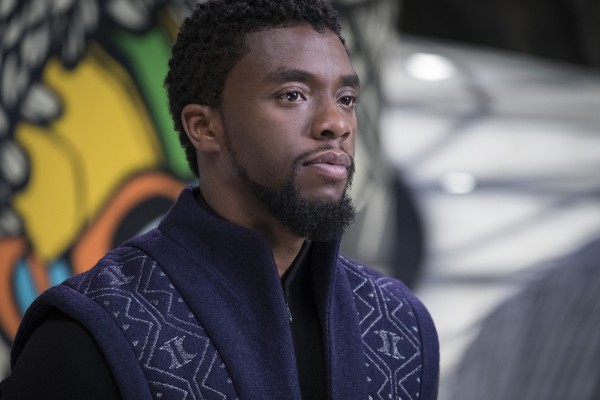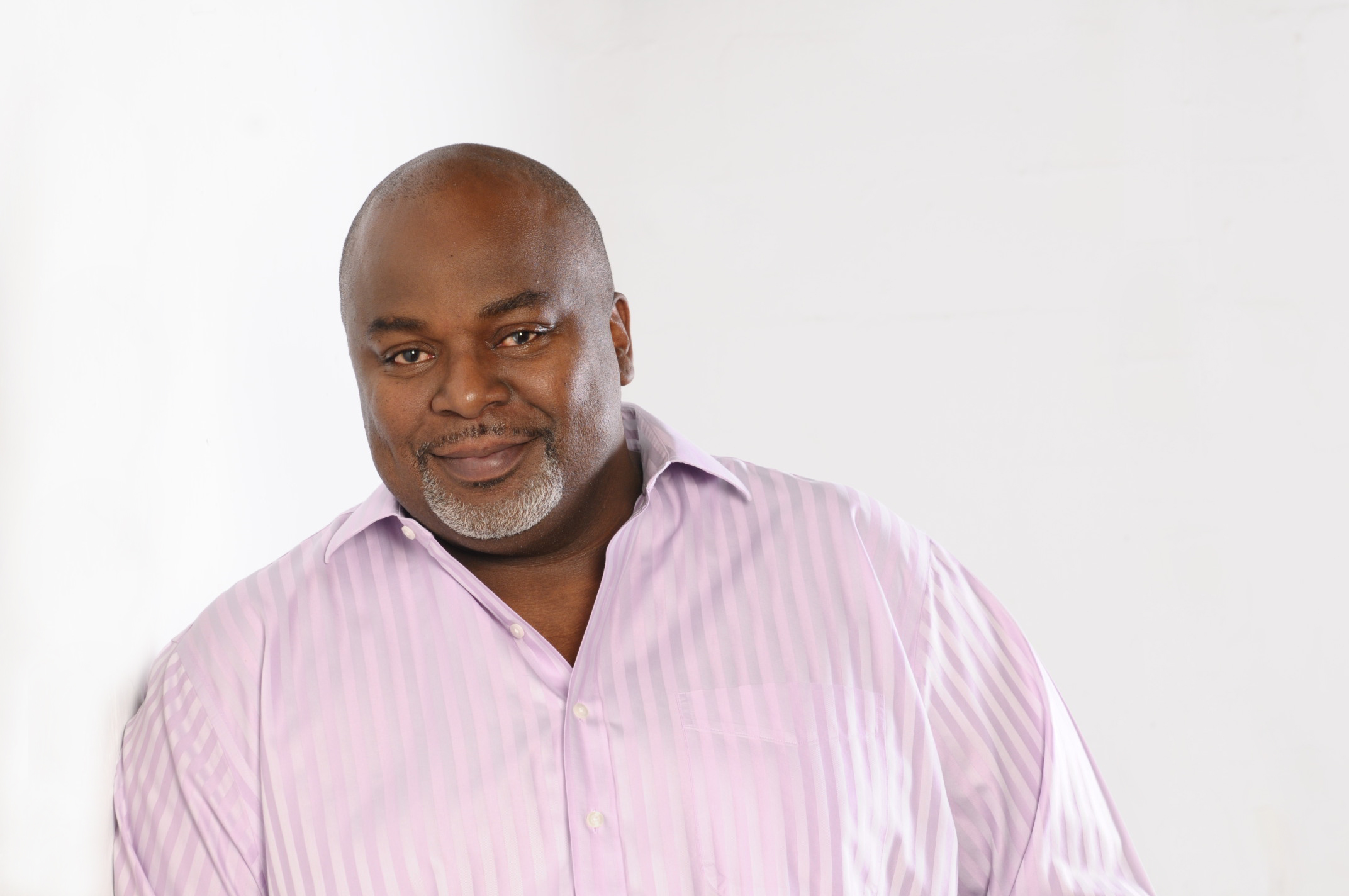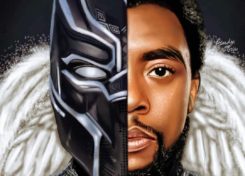
*Fine enough to melt most women in their tracks, but still kind, as cool as a fan and one of the most accessible actors I’ve ever had the pleasure to interview: LOVE me some Leon, he could be in a toilet paper commercial and I’d DVR it, TRUST!!!*
He’s been a stage and screen presence since the early ’80s, but Leon Robinson – better known by just his first name – began his acting career almost by accident. Born in the Bronx, he arrived in Los Angeles thanks to a scholarship to Loyola Marymount University. His interests were in athletics, but the tide turned when he was offered a film role while on campus.
Beginning in 1981, he amassed impressive credits, including NBC’s Midnight Caller, All the Right Moves with Tom Cruise and Madonna’s controversial “Like a Prayer” video. The actor’s roles grew meatier, including turns as a 1960s doo-wop performer (The Five Heartbeats), a hired henchman (Cliffhanger) and a disillusioned ballplayer (Above the Rim), plus series work in Oz and Resurrection Blvd. He’s still often recognized for his portrayal of the mercurial soul singer David Ruffin in the 1998 NBC miniseries The Temptations, and he earned an Emmy nomination for his turn as music pioneer Little Richard in 2000.
He’s also in the movie Cover with Vivica Fox, Aunjanue Ellis, Louis Gossett Jr. and Paula Jai Parker.
During his run as as part of producer-playwright JeCaryous Johnson’s Three Ways to Get a Husband (with Shirley Murdock and Billy Dee Williams), the single, forty-something actor and musician answered questions by phone from Atlanta.
You haven’t been to Dallas since your role in Mr. Johnson’s adaptation of Eric Jerome Dickey’s Friends and Lovers. How did you all reconnect, and what’s your latest play about?
Well, Friends and Lovers was extremely successful. … After that play wrapped, he told me that the next one would involve me and Billy Dee Williams. I was like, “Aw, man.” I have a lot of respect for Billy Dee. Whatever I am, have been or will be is just a fraction of what he already is.
Now, about the play: It’s a like a political, romantic comedy. My character is Devon Warren. He’s a soldier coming back from Iraq who’s been deeply affected by 9/11 and returns home to find out that the love of his life is now shacking up with the guy that he used to play ball with in college. He has to fight to prove his love for her and what real love is. Billy Dee Williams plays my girlfriend’s uncle; he’s a Vietnam War vet who’s now homeless and lives underneath a bridge, and finds love with a woman who lost her home in Hurricane Katrina.
I wanted my character to be a military guy because I don’t see us, people of color, represented in military story lines like this. And when men who’ve served do see me come out in my uniform, they later say that it makes them feel good.
What makes a good play vs. a bad play?
The play is going to get respect based on the talent that’s in it. … If the producer puts together a cast that people respect, it raises the level of whatever they’re gonna see.
The one thing we all don’t like is typical fare; you don’t want to see actors not bringing anything new to the equation. At the end of the day, though, whether it’s a play, a film or a TV show, it’s about the story; that’s what drives me to do the things I do. Another is the script. You may like watching me act, but you’re not gonna like watching me act in garbage. (Laughs.) You’re only as good as the piece you’re in.
What do you tell others inspired by your career who want to become an actor or actress?
Thanks to reality TV, everybody thinks they can act these days. I just tell them that all the good stuff that you see – the screenings, the red-carpet photo ops – that’s really the only glamorous part about the business. It’s a lot of long hours and a lot of hard work.
I don’t know anyone who likes people saying no to them all of the time, and if people say no to you nine out of 10 times in this business, you’re very successful.
What do you hope your fans take away from the variety of roles that you play?
True love is one of the messages in the play, and it’s about us as a people. Do we really know each other and care enough to know where we come from? And do we care enough to pass that message along to our children? Other than that, I’m just doing what I do, trying to make people happy and be happy myself.”



